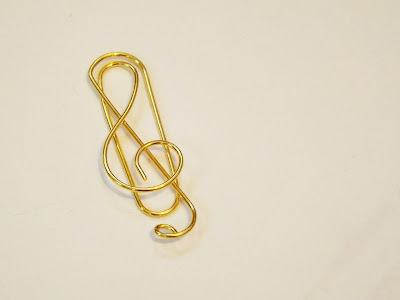IwillnotstoptotakepicturesduringtheraceIwillnotstoptotakepicturesduringtheraceIwillnotstoptotakepicturesduringtherace.
But I can stop today. The picture barely begins to capture what is around me, but it will do the job. Tucked away in my cell phone, it is only slightly more tangible than most of what I carry out of the woods after these runs.
It is crazy-beautiful this morning, mist so heavy on the lake we feel like we’re at the edge of the world. The rising sun edges it all with peach and gold. A barred owl calls, “Who-cooks-for-you? Who-cooks-for-you-all?” It takes a while to catch up to my running partners, but I can hear their voices ahead of me on the trail.
I was out here with them almost every weekend last summer and early fall, training for my no-way-that’s-insane race, a trail half-marathon. The first time I was on this trail, I was not convinced my ankles could take it. I could envision all sorts of horrible falls. And honestly, I really enjoy meandering through the woods. But I had to try.
It took about five minutes to get hooked.
I turn my ankle regularly enough, but it doesn’t matter. I love the ruggedness of the path, the rocks and tree roots. I love how there are places the earth lies in folds like a tossed-off blanket, how I have to slow down for the terrain.
There are hills here that still slow me to a walk. I tell myself I am not a wimp. I’m still moving forward and that’s what matters.
There are turns in the path—gentle curves close to the lake that suddenly follow an inlet into some rocky low place—where I can still feel the ghosts of past conversations. What I didn’t know before training was that if you run enough miles with a person, they will hear your story and you will hear theirs. There was a time I had no idea why you might find somebody running through the woods, or around a lake, or down a street. Now I know there is every reason in the world.
It makes me wonder how many stories this trail has heard. I wonder about the feet that pounded it, heavy with anger and frustration, light with hope or wonder or laughter, clumsy with exhaustion, and yes, even just surefooted, strong, in the moment. I wonder about the steps that slowed with pain, or exhaustion, or emotion, and all the ways they somehow kept moving forward.
This trail must hold a lot of wisdom, a multitude of experience.
This year is different than last. I feel stronger emotionally, but weaker physically. I had hoped (assumed?) my hard work would find me stronger-stronger, not stronger-weaker. But that tendency I've had for as long as I can remember for every cold to settle in my lungs and stay there—I recently found out that settling is also known as bronchitis, and I’ve had it at least four times since January. Between that and pneumonia in June, I need to just be glad I’m running. Finishing this race will be this year’s accomplishment, not finishing it faster or stronger, not running something longer, not doing something harder. This is frustrating. I know the path better, and yet somehow it is not the same path.
I think about those hills I still walk. Still working hard, still moving forward. That’s the important part. Oh, how I love this place. It is not mine to conquer, but I can try to learn the path well, and carry bits of it with me out of the woods.
Subscribe to Dreamer by Email





